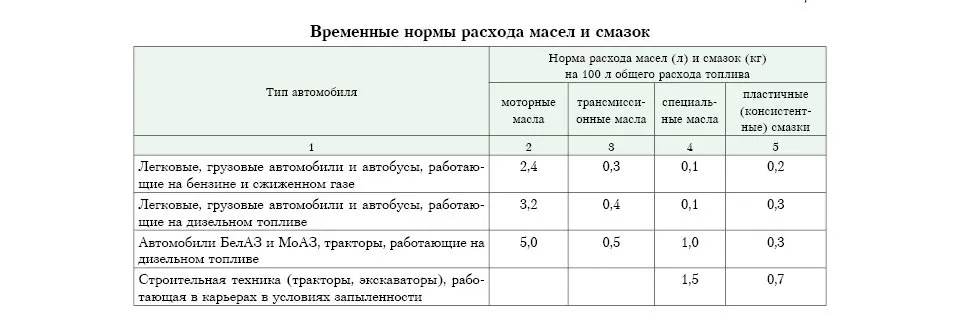
How much oil does my car use?
Content
Engine oil is vital to the operation of an engine. Typically, 4-cylinder engines use five liters of oil, 6-cylinder engines use six liters, and V8 engines use eight.
Engine oil is the lifeblood of an engine. This helps lubricate vital engine parts, which helps reduce heat buildup in the engine due to reduced friction between parts. Some vehicles are equipped with an oil cooler or other engine systems designed to further reduce heat. Engine oil also helps keep engine parts free of deposits and other contaminants.
Changing the oil in a car according to a maintenance schedule greatly reduces engine wear as the oil loses its viscosity over time, reducing its overall effectiveness as a lubricant. Different engines require different amounts of oil.
How engine size affects the amount of oil used
Most engines require 5 to 8 liters of oil, depending on engine size. The smaller the engine, the less oil is required to fill the engine volume.
A 4-cylinder engine typically requires about 5 liters of oil.
A 6-cylinder engine consumes approximately 6 liters.
An 8-cylinder engine consumes 5 to 8 liters, depending on the size of the engine.
This amount also depends on whether you have the oil filter replaced by a mechanic when you change the oil.
Some resources that can help vehicle owners determine the amount of oil in an engine include the owner's manual, where it is usually listed under "Lubrication System" in the vehicle's specifications section. Another area to check includes the manufacturer's website. Once on the website, look for the section of the site dedicated to vehicle owners, which is usually located at the bottom of the page. Vehicle owners can also search other online resources such as Fluid Capacity, which lists oil and fluid capacities for a number of different makes and models of cars and trucks.
The right choice of engine oil
When choosing the oil for your car, keep a few things in mind. The first is the viscosity level of the oil, represented by a number followed by W and then another number. The first number represents oil consumption at 0 degrees Fahrenheit, W represents winter, and the last two numbers after W represent the oil's viscosity level when measured at 212 degrees Fahrenheit. The lower the number in front of W, the easier the engine turns over in cold weather. Read your vehicle owner's manual to find the best range of oil viscosity levels to use.
Vehicle owners also need to choose between using synthetic or conventional motor oil in their vehicle. Regular oils work great when owners change the oil frequently. Synthetic oils have some advantages, such as special additives to help remove deposits. Mobil 1 fluids and oils allow the oil to flow better at lower temperatures and maintain viscosity at higher temperatures. Another option for vehicle owners involves using a high mileage oil for vehicles with over 75,000 miles on the odometer. High mileage oils contain conditioners to help expand internal engine seals and improve seal flexibility.
Signs Your Engine Needs an Oil Change
Be sure to look out for the following symptoms, which may indicate it's time for an oil change:
When the oil indicator comes on, it means that the oil level is too low. Either ask a mechanic to change the oil or add enough oil to bring it up to max.
A low oil gauge on vehicles equipped with one usually indicates a low oil level. Have your mechanic top up the oil to the correct level or change the oil if necessary.
When the oil level drops, the engine starts to run unevenly. This is especially true for lifters, who begin to seize as deposits accumulate. Have a mechanic change the oil, which should help remove these deposits and fix the problem.
Oil is vital to the reliable and efficient operation of your engine. Always follow the manufacturer's recommendations for oil change intervals and have an AvtoTachki certified field technician perform an oil change at your home or office using high quality Mobil 1 oil.

